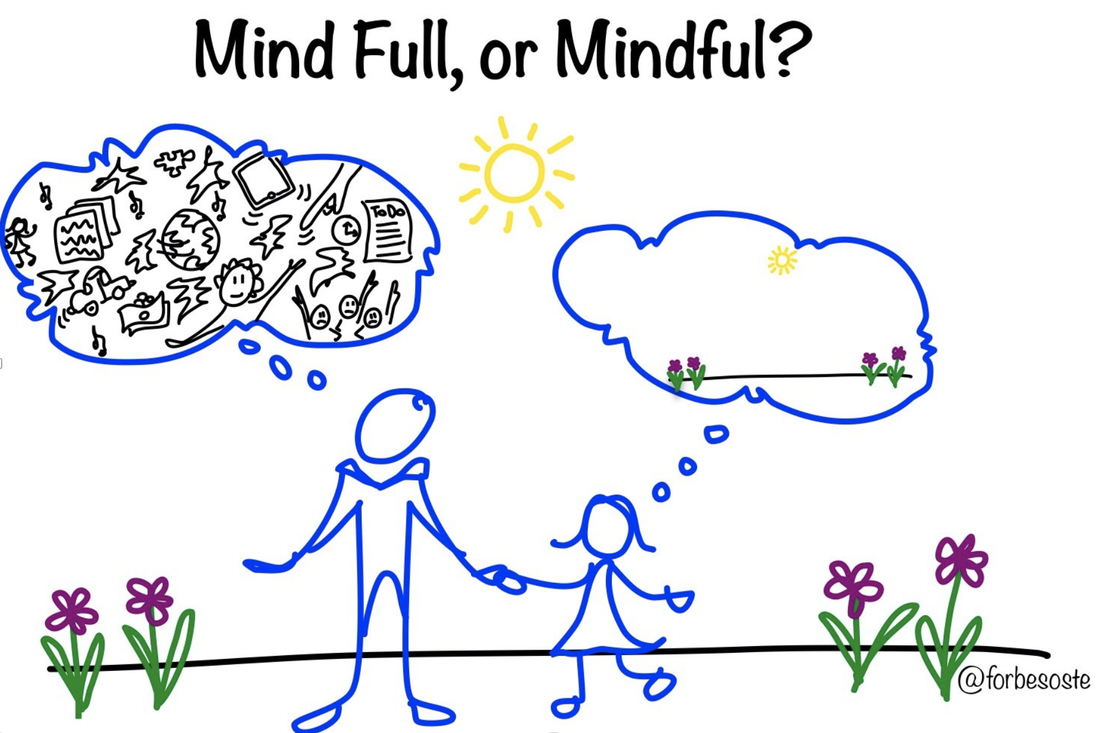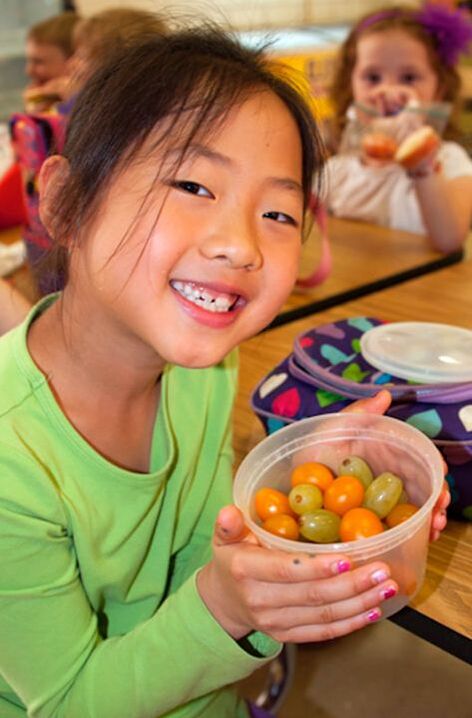Home Schooling Strategies-Mindful Parenting: Part 1 Embracing the Moment: Being with your child3/8/2020
Keep an eye out for future posts on specific applications of mindfulness activities for during the current health crisis. Be healthy and be strong. References: Coatsworth, J. D., Duncan, L. G., Nix, R. L., Greenberg, M. T., Gayles, J. G., Bamberger, K. T., … Demi, M. A. (2015). Integrating mindfulness with parent training: Effects of the mindfulness-enhanced strengthening families program. Developmental Psychology, 51(1), 26–35. doi: 10.1037/a0038212 Deng, Y., Zhang, B., Zheng, X., Liu, Y., Wang, X., & Zhou, C. (2019). The role of mindfulness and self-control in the relationship between mind-wandering and metacognition. Personality and Individual Differences, 141, 51–56. doi: 10.1016/j.paid.2018.12.020 Geronimi, E. M. C., Arellano, B., & Woodruff-Borden, J. (2019). Relating mindfulness and executive function in children. Clinical Child Psychology and Psychiatry, 135910451983373. doi: 10.1177/1359104519833737 Categories All
3 Comments
|
- Home
- About
- Careers
-
Staff
- David A. Perna, PhD
- Suzanne Brooks, PsyD & NCSP
- Andrea Brooks, PsyD
- Kat Canas, MA
- Molly Curcio, PsyD
- Krystal Gottilla, PsyD
- Jennifer Havard
- Allison Lawsky, PsyD
- Ian Ljutich, MSW, PsyD
- Bret Middlekauff, MA
- Deon Mowatt, PsyD
- Alexa Myta, PsyD
- Jenifer Nesin
- Sam Nesin-Perna, MS
- Sherry Paden, PsyD
- Jennifer Ross Callahan, PsyD
- Michal Shapiro, LICSW
- Rory Sullivan, MA
- Shanel Turransky, MA
- Hail VanAelstyn
- Services
- Groups
- MMT Approach
- Training
- Our Posts
- Payment
- Emergencies
- Contact Us
- Home
- About
- Careers
-
Staff
- David A. Perna, PhD
- Suzanne Brooks, PsyD & NCSP
- Andrea Brooks, PsyD
- Kat Canas, MA
- Molly Curcio, PsyD
- Krystal Gottilla, PsyD
- Jennifer Havard
- Allison Lawsky, PsyD
- Ian Ljutich, MSW, PsyD
- Bret Middlekauff, MA
- Deon Mowatt, PsyD
- Alexa Myta, PsyD
- Jenifer Nesin
- Sam Nesin-Perna, MS
- Sherry Paden, PsyD
- Jennifer Ross Callahan, PsyD
- Michal Shapiro, LICSW
- Rory Sullivan, MA
- Shanel Turransky, MA
- Hail VanAelstyn
- Services
- Groups
- MMT Approach
- Training
- Our Posts
- Payment
- Emergencies
- Contact Us









